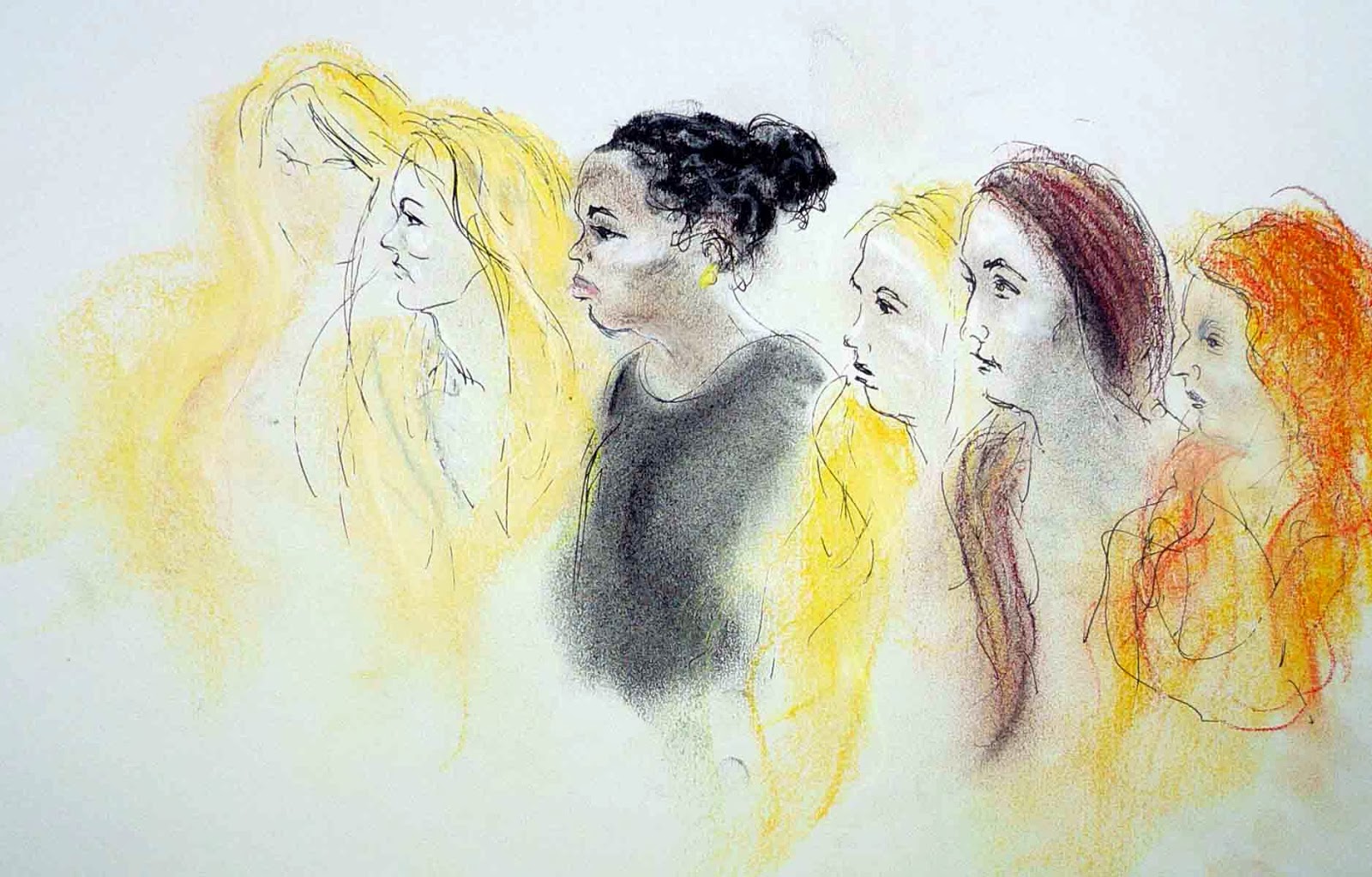Most presume that the job of a defence lawyer ends when a magistrate or foreman of a jury announces that the defendant is guilty, writes Ian Brownhill. Or, when that defendant is sentenced for that offence they are convicted of.
______________________________________________________
- Today is the closing day for responses to the CCRC triennial review (part of the government’s ‘bonfire of the quangos’ plan). We are going to be publishing responses on www.thejusticegap.com. Do send us any responses.
- Last week the Eddie Gilfoyle support group hosted a parliamentary reception at the House of Lords and launched ‘The case of Eddie Gilfoyle’ hosted by Lord Hunt of Wirral. Hunt, the chairman of the Press Complaints Commission, read out messages of support from Jeremy Corbyn, Keith Vaz, Lord Carlile of Berriew, Baroness Scotland and Paddy Ashdow.
‘Given the resource constraints under which the CCRC operates and the complex nature of many cases, no sensible person would suggest the Commission should be making decisions in weeks or even a few months. Unfortunately, the Commission has persuaded itself that lengthy delays are inevitable in all cases and rarely – if ever – displays a sense of urgency towards any claim of wrongful conviction.
In Eddie Gilfoyle’s case, the Commission was presented in August 2010 with more than enough fresh evidence to justify referral to the Court of Appeal. Almost 2½ years later, he’s still waiting with no idea when the CCRC will make a decision. This has adversely affected his mental health and his capacity to come to terms with the nightmare he’s suffered for more than twenty years.’
Paul May on the CCRC and Eddie Gilfoyle
- Paul May has been involved in numerous campaigns on behalf of the victims of miscarriages from the Birmingham Six, Judith Ward, and the Bridgewater Four through to Sam Hallam , Eddie Gilfoyle and Colin Norris. You can read Paul’s response to the CCRC review [CCRC review response- Paul May].
______________________________________________________
The pink tape is not tied back around the brief until the defence lawyer has decided whether there is a potential for appeal, continues Ian Brownhill. With a magistrates’ conviction, the choice is whether to use the automatic right of appeal to the Crown court, a complete rehearing, or to appeal on a point of law to the High Court. In the Crown Court, there is no automatic right to a rehearing, one has to identify a point of law that renders the verdict unsafe, or more unusually, identify some piece of fresh evidence.
Legal aid generally pays for one lawyer’s opinion. For most, if that lawyer advises against the appeal then that is the end of the matter. To quote from two of our top criminal defence firms:
‘We generally accept instructions to act in relation to criminal appeal cases on a privately paying basis.’
‘Please note that unfortunately due to funding constraints we cannot take on any new legal aid clients for appeals, and can take new clients only where there is private finding.’
The message: if you can afford it, you can appeal.
Jeremy Bamber was convicted in 1986. He was convicted on a majority of 10 to 2. His first appellate hearing was 1988, the second was 1989. There was an inquiry into the original investigation completed by the Essex Police by the City of London Police in 1991. A judicial review of the Home Office resulted in expert evidence being disclosed to the defence in 1994. The Criminal Cases Review Commission referred the case back to the Court of Appeal in 2001, there was a two week hearing in 2002. A further CCRC application was made in 2004, another in 2009 and finally in 2012. The refusal of the CCRC to refer the matter to the Court of Appeal was subject to a judicial review which was heard in the High Court last week.
Bamber has been represented by a phalanx of impressive lawyers, from Geoffrey Rivlin QC to Michael Turner QC. Most recently he was represented by Simon McKay, a solicitor advocate, pro bono.
The Bamber case has attracted a lot of hours of lawyers’ time and a great deal of that time will be given pro bono. Bamber is the exception to the rule, why? Because he is appealing.
Ever since his first trial he has had followers in two camps: the first, intrigued by him due to his charm and looks, the second because his case is factually and legally interesting. But, for the average appellant the whole process is less than appealing.
The process from the Magistrates’ Court is simple. Strangely, where the appeal process is easiest, Defendants decide not to appeal, despite sometimes frankly bizarre or incomprehensible reasons for their conviction. Why? Some, especially first timers in the criminal justice system cannot believe the unfairness in the Magistrates and presume it will be replicated in the Crown Court. Others simply do not want to go through the process of a trial again and some are given such low sentences that the appellate process doesn’t seem worthwhile.
The process from the Magistrates’ Court, although simple, is not appealing. There is no doubt that if points of law could be pursued quickly on appeal to the Crown Court rather than the long wait for the High Court then the appeal rate would be higher.
The process from the Crown Court is not simple and an individual is best served when represented by a lawyer. However, if your trial lawyer doesn’t support your appeal you are left in a very difficult position indeed.
Most cannot afford to pay a lawyer privately. Most don’t have the appeal of a Jeremy Bamber, where is their redress?
The first hope is to find a lawyer to do the case for free. That’s not impossible. But, to be honest, before considering taking on a case pro bono, it’s generally necessary for there to be a hook, something to interest the lawyer, be it the personal circumstances of the case or the circumstances of the prisoner.
The second is that a project or group of law or journalism students might look at the case and persuade somebody to perform a review. There are some excellent Innocence Projects, especially at Bristol and Cardiff Universities, but they only have limited capacity.
Finally, there are prisoners who either alone, or supported by friends and family who have the ability to push their case and make it appeal to someone.
One of the reasons behind the Criminal Cases Review Commission was to help those individuals who didn’t have an appealing case. But, the CCRC application form is 16 pages long, the guidance to go with it is eight pages and as if we’re going in circles it states:
‘You may want to think about finding a solicitor to help you because the case review process can involve complicated legal issues and a good lawyer can help.’
The CCRC is at present being reviewed by the Government. The focus of any review should be on widening access to the appellate courts to ordinary, more ‘run of the mill’ cases. That means making the CCRC more accessible. It too means working with and expanding that group of lawyers who will look at a case pro bono or work with students who will do the same.
As of 2012, the CCRC has referred 505 cases to the Court of Appeal. Of those 505 cases, 325 have been quashed. What is clear is that there are people in prison who shouldn’t be. They deserve access to the appellant court. The Government review of the CCRC should focus on widening access to the appellate courts. It should not only just be the appealing who can appeal.








